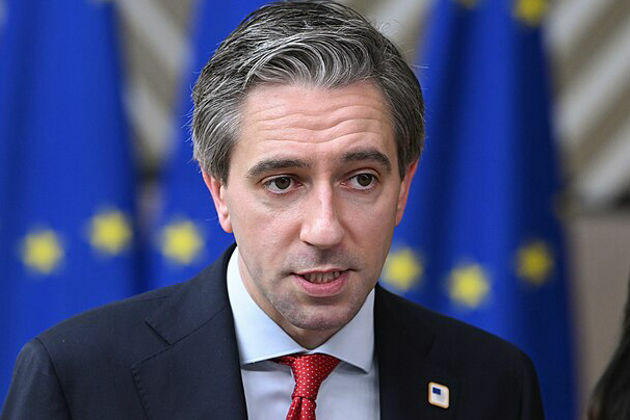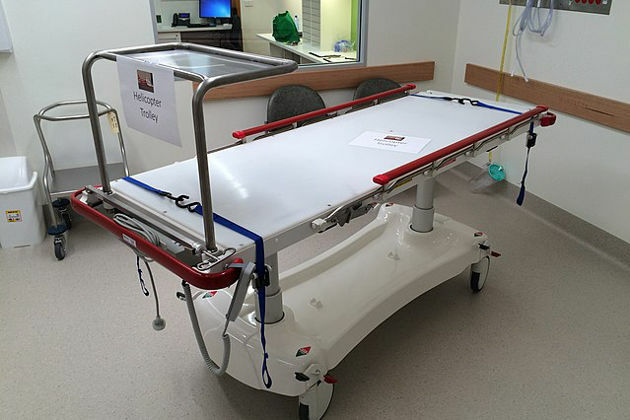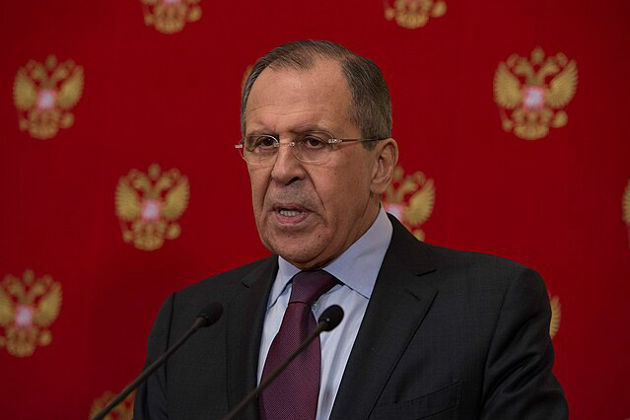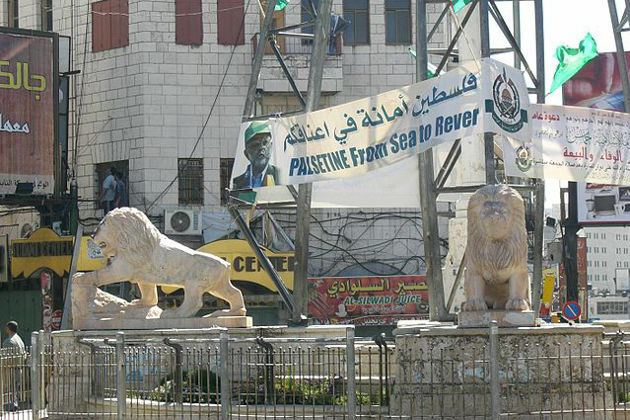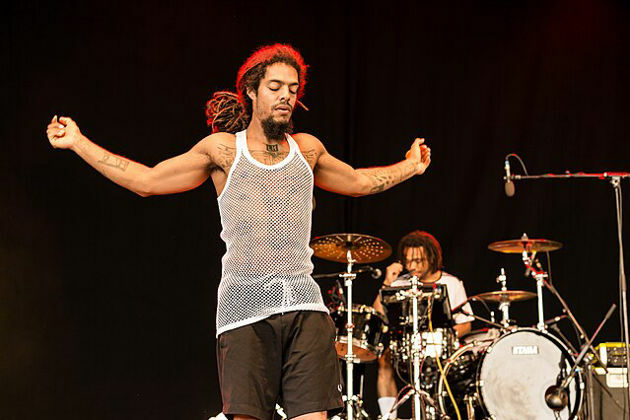5 MAIN palace insurrections in the Russian Empire
RBTH
31 Jan 2023, 06:25 GMT+10
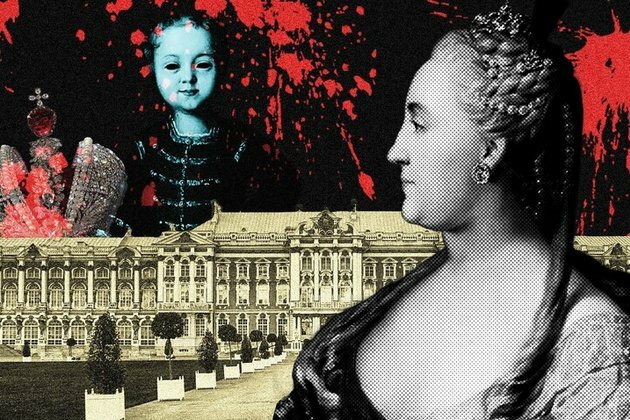
Echoes of the Act on the Succession (1722) issued by the first Russian emperor resounded throughout the 18th century, when Russia experienced five violent changes of rulers.
Peter the Great loved his state more than his own son. Unlike Ivan the Terrible, whose participation in the death of his heir is doubtful, Tsar Peter personally ordered the torture of his son, Tsarevich Alexei, for high treason and his attempt to flee to Europe. Under torture, Alexei probably died. "For my fatherland and people, I have not spared my life, how can I feel pity for you, you obscene one," Peter wrote to Alexei.
The tsar himself was so shocked by his son's treachery that, a few years after his death, he issued the infamous Act on Succession (1722). The act revoked the ancient custom of male succession to the throne and required the monarch to appoint an heir of his choice. On his death, Peter never appointed an heir.
1. Catherine's ascension to the throne with the help of the Royal Guard (1725)
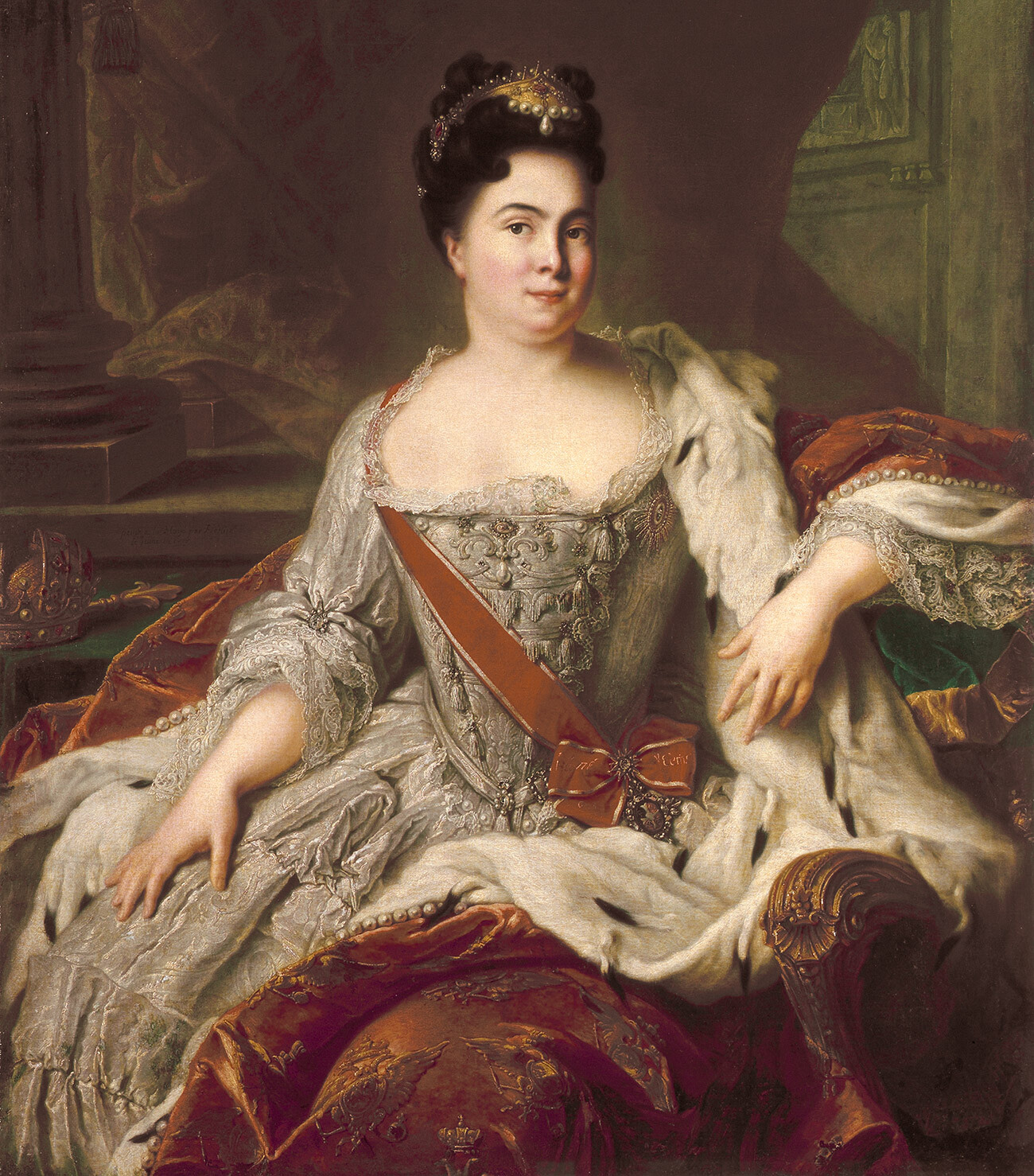
Portrait of Catherine I, 1717
Jean-Marc Nattier
Allegedly, Emperor Peter, dying, either wrote or uttered: "Give it all..." and went to meet his maker. However, this is only a legend. After Peter's death, his only male heir was his grandson and namesake, Peter Alexeevich, the future Peter II.
Back in 1724, Peter the Great crowned his wife Catherine as Empress of Russia. What hindered her status was her peasant origin. Nevertheless, Catherine's right-hand man, Alexander Menshikov, and head of the country's foreign policy, Andrei Osterman, were on her side. Catherine herself was inconsolable after her husband's death and, in fact, took no part in deciding her own fate.
On the night of January 28, 1725, when the emperor was in death throes, Alexander Menshikov convened a special meeting attended by all the important dignitaries of the empire. There was a heated debate between the supporters of Catherine and the old aristocracy, who stood for Peter II. In the midst of the dispute the imperial guards of the Preobrazhensky and Semyonovsky regiments burst into the courtroom. They were on the side of the current government represented by Menshikov. The guards demanded the enthronement of Empress Catherine Alexeevna.
As a compromise with the supporters of Peter II, he was declared next in line to the throne - which was later written in the will of Catherine I. When she, not ceasing to grieve for her husband, died in 1727, there was no palace coup - the throne was inherited by Peter II.
2. Anna Ioannovna and the 'Conditions' (1730)
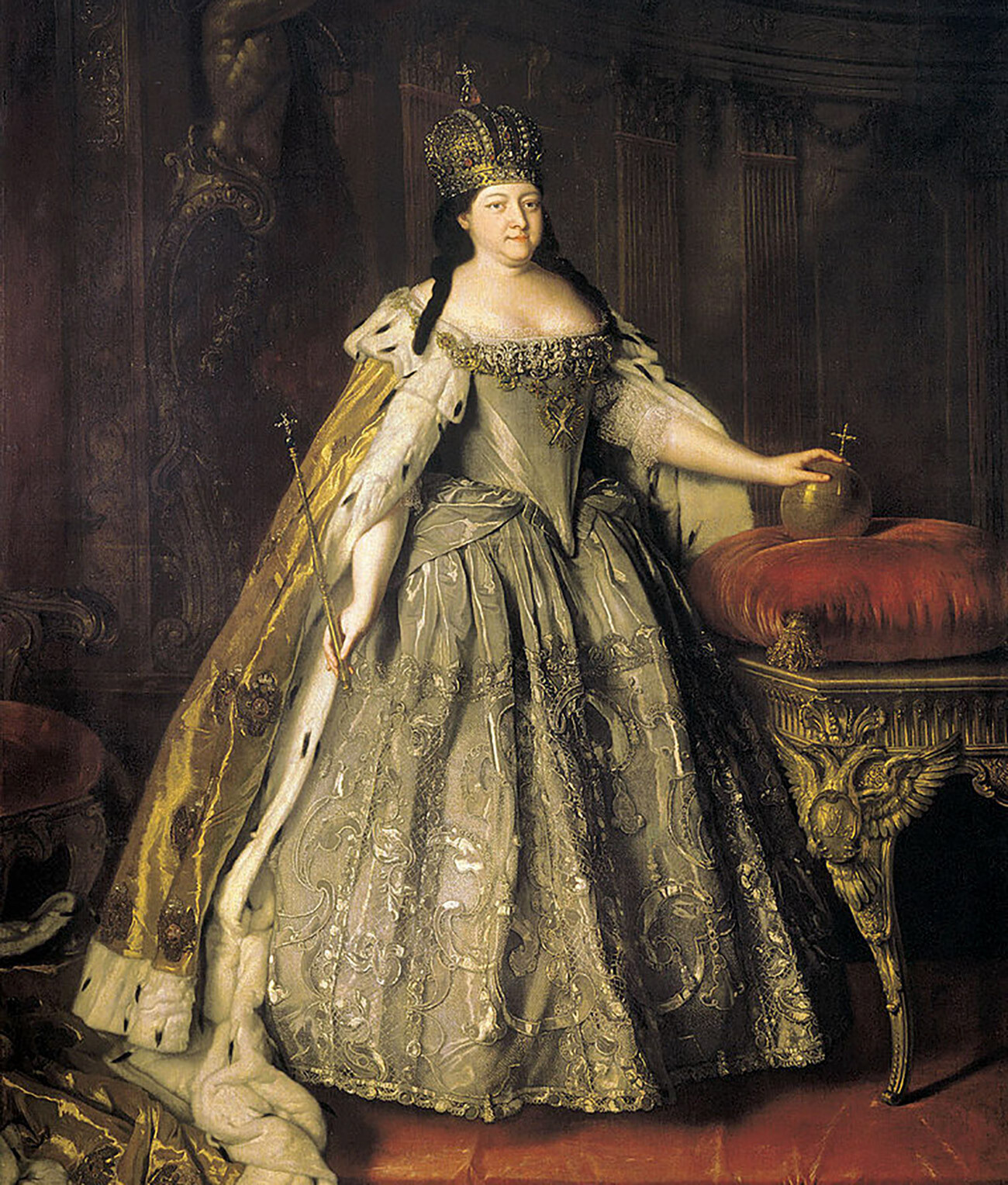
Empress Anna Ioannovna, 1730
Louis Caravaque
Peter II did not rule for long, dying of smallpox in January 1730, leaving no will and no indication of his successor. With his death, the Romanov dynasty's direct male lineage ceased. There were only two descendants of the first emperor left. First, grandson of the emperor, Karl Peter, son of Peter the Great's daughter Anna Petrovna and Charles Frederick, Duke of Holstein. Second, Peter and Catherine's daughter, Elizabeth Petrovna.
However, the 'Verkhovniki', members of the Supreme Privy Council, then governing Russia - princes Golitsyn and Dolgorukov, who belonged to the old Moscow aristocracy, had their candidate. In terms of aristocrats, Elizabeth Petrovna (1709-1762) was born outside the lawful marriage of her parents, while Prince Karl of Holstein was a Protestant. It was, therefore, decided to enthrone the heirs of Peter the Great's brother and co-ruler, Ivan V Alexeevich. Namely - his daughter Anna Ioannovna, who, in 1710, was married to the Duke of Courland, Friedrich Wilhelm and, after his death, was the regent of the throne of Courland.
Anna was invited to the throne, but only if she signed the 'Conditions', a document drawn up by the members of the Supreme Privy Council. Under these 'Conditions', Anna had no right to independently dispose of the budget, to declare war, to appoint an heir - in fact, the document was created to make her a puppet sovereign.
However, arriving for the coronation in Moscow, Anna realized that society and the nobility were on her side. Then, the empress used the help of the royal guard. As the Spanish ambassador de Liria described events: "Officers of the guard and others, who were in large numbers, in the presence of the empress, began to cry out that they do not want anyone to prescribe laws to their sovereign, who must be autocratic, as her predecessors." As a result, Anna, in the presence of her court officials and aristocracy, tore the ill-fated 'Conditions' and began to rule autocratically.
3. Ivan Antonovich and the regency of Anna Leopoldovna (1740)
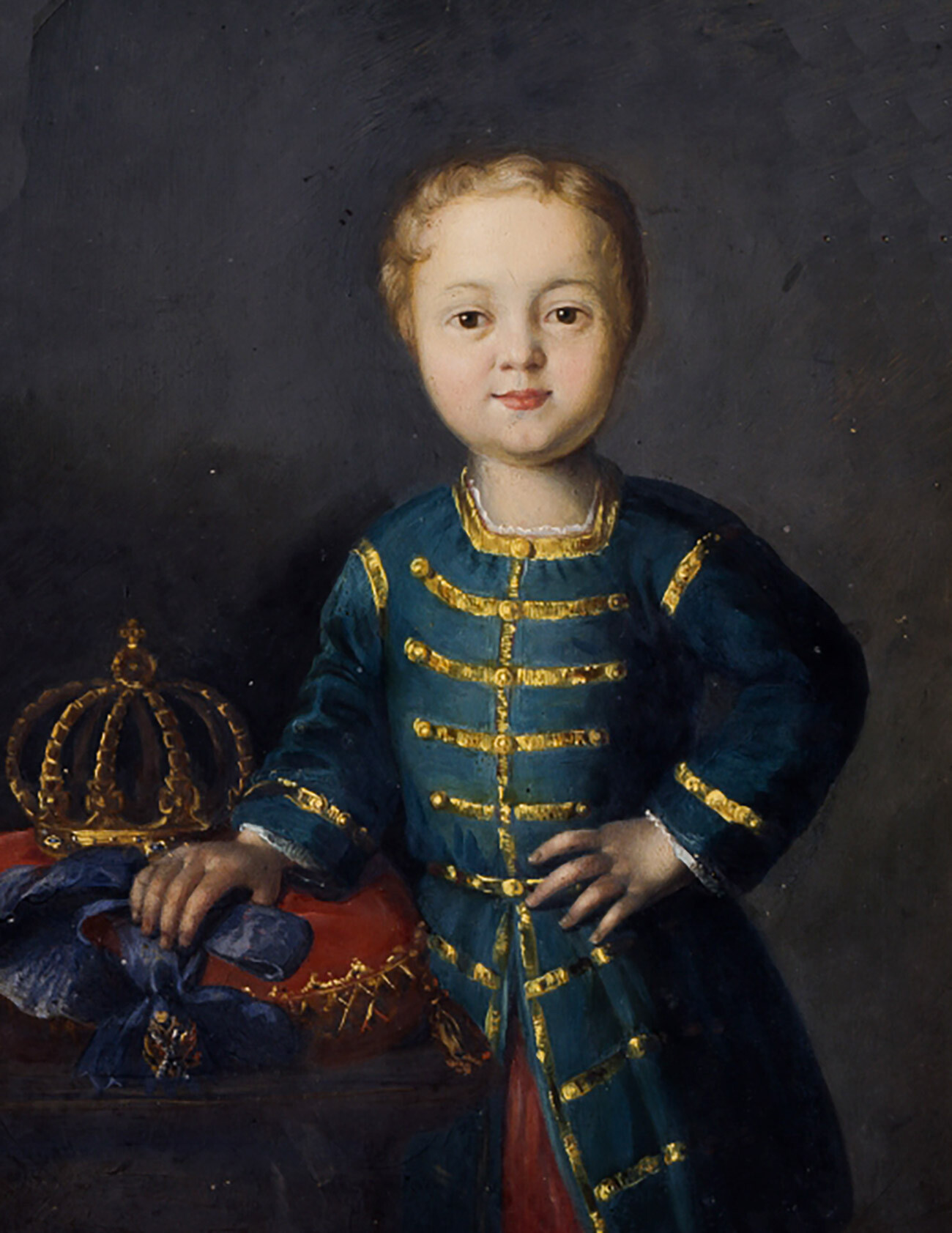
Portrait of the Emperor of Russia Ivan VI Antonovich (1740 - 1764)
Public domain
Anna Ioannovna did her best to ensure that the Russian throne did not leave Ivan Alexeevich's line, so, a few days before her death, she appointed the little Ivan Antonovich, her grandnephew, as her successor. Ivan was the grandson of her older sister Catherine. Catherine married Charles-Leopold of Mecklenburg-Schwerin and gave birth to her daughter Anna Leopoldovna. Her son by her marriage to Anton Ulrich of Brunswick was Ivan Antonovich.
Ivan VI was declared emperor in 1740 under the regency of Ernst Biron - a favorite of the late Anna. Two weeks later, the guards arrested Biron and proclaimed Anna Leopoldovna regent to the throne. But, after a year of such rule, power was seized by Elizaveta Petrovna.
4. The ascension of Elizabeth Petrovna with the help of the Guards (1741)
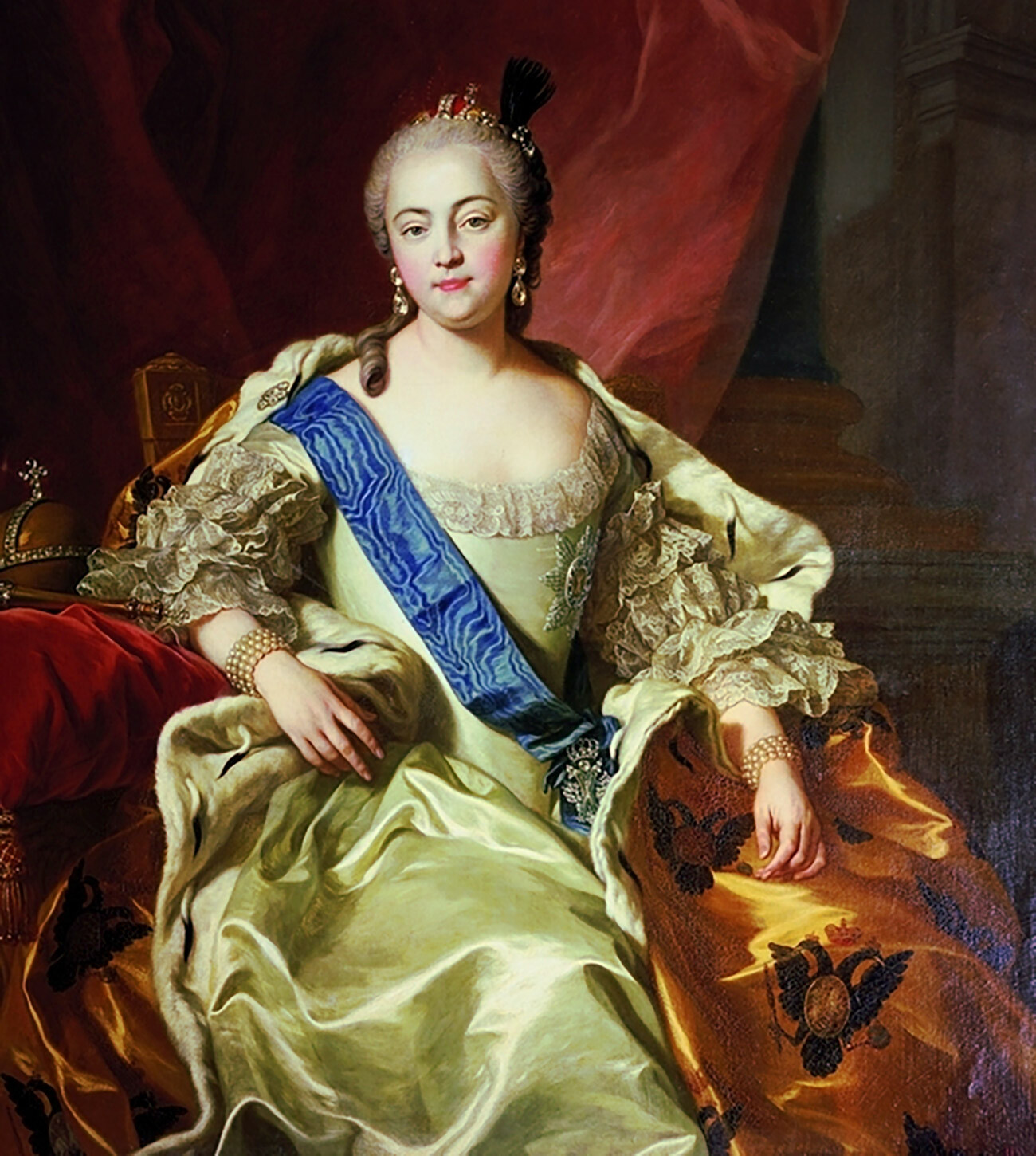
Idealized ceremonial portrait of Elizabeth Petrovna
Charles van Loo
Part of Russian society was outraged when the throne passed to Ivan Antonovich after Anna Ioannovna - because Peter the Great's own daughter Elizaveta Petrovna was alive and well. Ever since her youth, she was removed from the royal court by Anna Ioannovna, who feared that Elizabeth would take away her throne. Since under Anna the country was ruled mostly by her German friends - Ernest Biron, Burckhardt Minikh, Andrei Osterman - Elizabeth was also seen as "truly Russian".
Elizabeth had friendly relations with the Guards of the Preobrazhensky and Semyonovsky regiments, established by her father. She visited the barracks, participated in the festivities of the Guards and even baptized their children.
On the night of 25 November 1741, Elizabeth arrived at the barracks of the Preobrazhensky Regiment in St. Petersburg and said her famous words: "Gentlemen! You know whose daughter I am, follow me." From the barracks, she and the guardsmen proceeded directly to the Winter Palace, where Anna Leopoldovna and her husband, Anton Ulrich, were arrested. When the tsarina was brought the baby Ivan VI, Elizabeth took him in her arms with the words "Little baby, you are not guilty of anything!" Which did not prevent her from soon condemning the "little baby" to life imprisonment. The so-called 'Brunswick family' - Anna Leopoldovna, Anton Ulrich, their royal son and other children - were exiled to the Russian North and then separated from their parents and placed in solitary confinement in Shlisselburg, where Ivan was killed while trying to escape in 1764.
5. The seizure of power by Catherine II (1762)
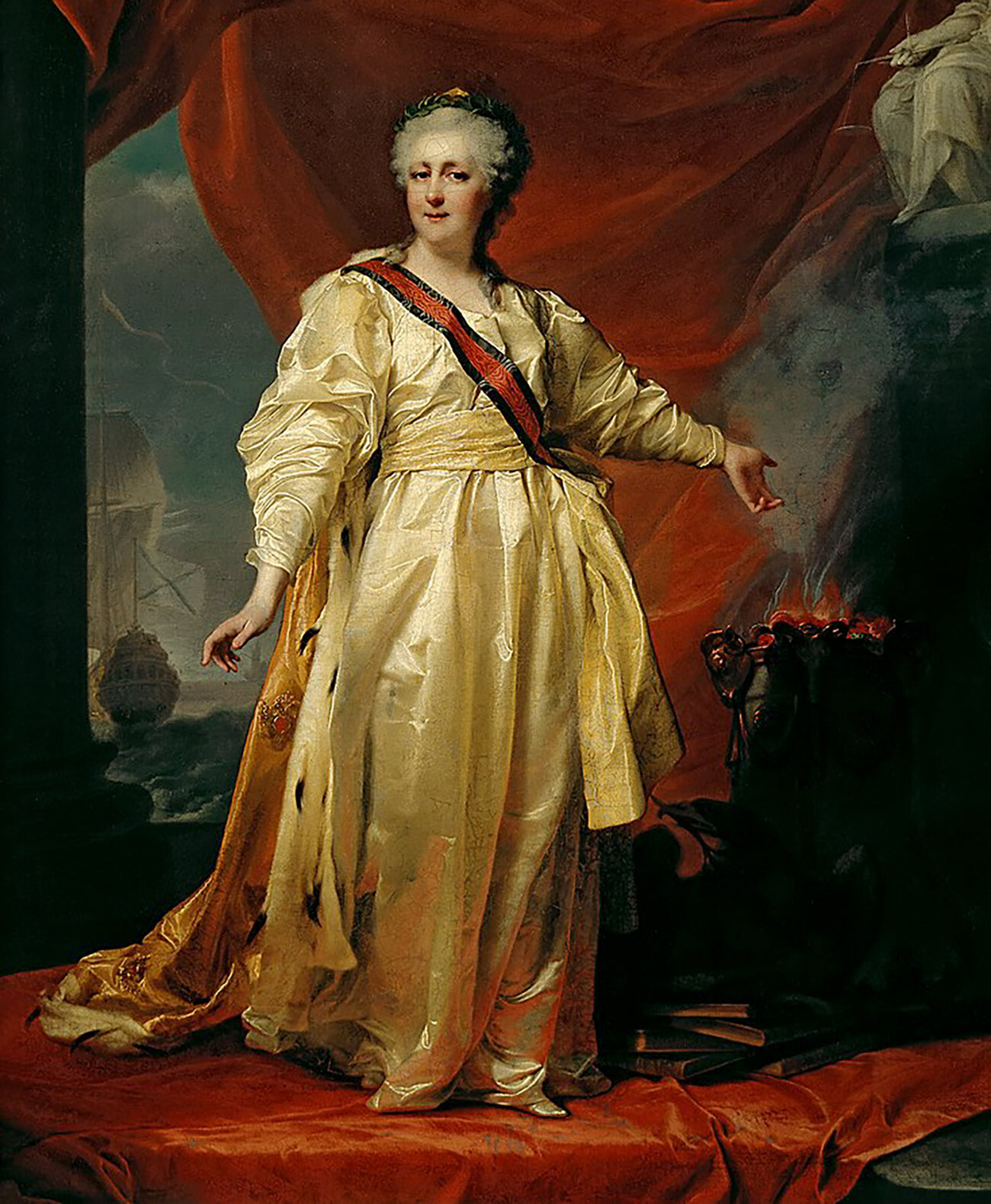
Catherine II as a Legislator in the temple of the Goddess of Justice
Dmitry Levitsky
Elisabeth wished to leave the throne to her line and she appointed a matching successor. He was Holstein prince Charles-Peter, future Emperor Peter III, who, since 1742, had lived in Russia with his wife Sophia Frederica, future Catherine the Great.
Peter reigned for just over half a year, from December 1761 to June 1762, when he was overthrown by his own wife. During his reign, he managed to turn the military against him (concluding peace with Prussia) and the clergy (announcing the secularization of church lands).
Catherine, who had openly feuded with her husband by 1762, gathered a circle of sympathizers around her. She had not only high dignitaries on her side, but also the guards - Preobrazhensky and Izmailovsky regiments (the latter led by Catherine's associate Kirill Razumovsky).
The coup took place on June 28, 1762: Emperor Peter III was out of town, celebrating his name day, while in St. Petersburg, the guards and then the officials of the Senate and the Synod swore oaths to Catherine as the new empress. Peter learned of his overthrow by the fact - and, after a couple of weeks of fuss and sluggish attempts to regain power, he signed his abdication. This happened on July 12, 1762, and, from July 16 to 17, the emperor died under unclear circumstances. Whether Catherine was aware of the plot against her husband's life remains unclear.
The manifesto of accession to the throne stated that the grounds for the overthrow of Peter Fyodorovich were his attempt to change the state religion and peace with Prussia. To justify her own rights to the throne (bypassing the heir, Paul Petrovich), Catherine referred to "the desire of all our faithful subjects, explicit and without hypocrisy". In October 1762, she was crowned in Moscow.
Dear readers,
Our website and social media accounts are under threat of being restricted or banned, due to the current circumstances. So, to keep up with our latest content, simply do the following:
- Subscribe to our Telegram channel
- Subscribe to our weekly email newsletter
- Enable push notifications on our website
- Install a VPN service on your computer and/or phone to have access to our website, even if it is blocked in your country
 Share
Share
 Tweet
Tweet
 Share
Share
 Flip
Flip
 Email
Email
Watch latest videos
Subscribe and Follow
Get a daily dose of Belgium Sun news through our daily email, its complimentary and keeps you fully up to date with world and business news as well.
News RELEASES
Publish news of your business, community or sports group, personnel appointments, major event and more by submitting a news release to Belgium Sun.
More InformationEurope
SectionIreland High Court hears of crisis in special needs school admissions
DUBLIN, Ireland: The High Court has heard that some parents of children with special needs may be forced to give up their jobs to care...
Early heatwave grips Europe, leaving 8 dead and nations on alert
LONDON, U.K.: An unrelenting heatwave sweeping across Europe has pushed early summer temperatures to historic highs, triggering deadly...
Ireland’s Deputy PM calls for swift US-Ireland trade agreement
DUBLIN, Ireland: Tánaiste Simon Harris has called on the United States to use every hour to reach a zero-for-zero tariff agreement...
Dublin Bus accused of disability discrimination by blind passenger
DUBLIN, Ireland: A blind woman from Dublin says she was hurt while getting off a bus because the driver refused to pull in close to...
Nurses in Ireland sound alarm over growing hospital overcrowding
DUBLIN, Ireland: The Irish Nurses and Midwives Organisation (INMO) has warned that there could be a serious trolley crisis this summer...
Turkey, France battle wildfires amid early Europe heatwave
ISTANBUL/PARIS/BRUSSELS: As searing temperatures blanket much of Europe, wildfires are erupting and evacuation orders are being issued...
International
SectionMoscow removes Taliban from banned list, grants official status
MOSCOW, Russia: This week, Russia became the first country to officially recognize the Taliban as the government of Afghanistan since...
Netanyahu vows 'No Hamas' in postwar Gaza amid peace talks
CAIRO, Egypt: This week, both Hamas and Israel shared their views ahead of expected peace talks about a new U.S.-backed ceasefire plan....
US sends message by publicizing visa ban on UK punk-rap band
WASHINGTON, D.C.: The Trump administration has made public a visa decision that would usually be kept private. It did this to send...
Tragedy in Spain: Diogo Jota and his brother die in car accident
MADRID, Spain: Liverpool footballer Diogo Jota and his younger brother, André Silva, have died in a car accident in Spain. Spanish...
Early heatwave grips Europe, leaving 8 dead and nations on alert
LONDON, U.K.: An unrelenting heatwave sweeping across Europe has pushed early summer temperatures to historic highs, triggering deadly...
U.S. military, China, Russia in Space race
President Donald Trump's plans to build a space-based Golden Dome missile defense shield have drawn immediate criticism from China,...



